The story of Carmelo Anthony is long and arguably complicated, but it should end with a Hall of Fame induction. Anthony was a one-and-done player in college, but he is one of the most impactful players in NCAA history. The Brooklyn native led Syracuse to the 2003 Championship, where he was named the Final Four's Most Outstanding Player. He was taken by the Denver Nuggets Third Overall in one of the most loaded drafts in history, which also included LeBron James, Dwyane Wade, and Chris Bosh.
Melo was an instant offensive sensation, averaging 21 Points per Game and beginning a streak of 13 consecutive seasons where he scored at least 20 per contest. He was the runner-up to LeBron for Rookie of the Year, but Denver had their top gun. Anthony earned his first All-NBA Selection (Third Team) in 2005-06 and broke the 26.5 mark. An All-Star for the first time in 2007, Anthony had his best scoring season (28.9 PPG) and again was Third Team All-NBA. Notably, he received MVP votes for the first time, finishing 15th. The next year, Anthony was 13th in MVP voting and added a second All-Star. Accolades continued to fall in Melo’s lap, with another Third Team honor in 2008-09. This was also the closest that Anthony came to an NBA Championship as Denver reached the Western Conference Finals, where they fell to the eventual champions, the Los Angeles Lakers. The Nuggets were good, and Anthony was great, but if you had told him or any fan that Melo was never going to reach another Conference Final, they would not have believed it. It was much the same in Denver in 2009-10. Anthony was sixth in MVP voting and was an All-Star again. For the first time, he was named a Second Team All-Star. However, the Nuggets reverted back to a first-round exit, and the team had a frustrated superstar. Anthony did not sign a contract extension, and it was clear he wanted out and knew where he wanted to go: Home.
During the 2010-11 Season, Denver traded Anthony to the New York Knicks, and he was there to bring them a title. His popularity and profile rose, and though they were swept in the first round (Chauncey Billups and Amar’e Stoudamire were injured), it was believed that the best was yet to come. In Anthony’s second full season in New York, he won his first scoring title (28.7) was again a Second Team All-NBA player and finished third for the MVP, a career-high. They made it to the Second Round, but as much as it looked like they could build on it, this was Melo’s high-water mark with New York. Anthony was still a top scorer and going to All-Star Games (he went to ten in total), but the Knicks were not serious contenders, and he left his prime; his lack of defence was becoming a problem. New York could not build a team around him, and Anthony was not the player that elevated others. He was still regarded as one of the best, but the bloom was off the rose in Gotham. Anthony and Team President Phil Jackson were in constant conflict, and Anthony demanded a trade, which he obtained when he was dealt to Oklahoma City.
In OKC, Anthony was not the same player. Scoring was down, and the holes in his game grew wider. He became a journeyman, playing for Houston in 2019-19, but that lasted only 10 Games, and he had no suitors for the rest of the year. The Portland Trail Blazers signed him a year later, and he played well that season, arguably in a year that could be best described as a redemption tour. Anthony had two more seasons in the league, one more with Portland and another with the Los Angeles Lakers, retiring with an impressive 28,289 Points.
Anthony has the career numbers and the accolades of a Hall of Fame inductee, especially considering he was named to the 75th NBA Anniversary Team. While he did not win as a pro, remember he does own a College Championship and three Olympic Gold Medals. He is not the perfect HOF candidate, but there are a lot of warts in Springfield.
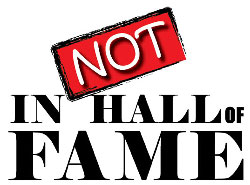


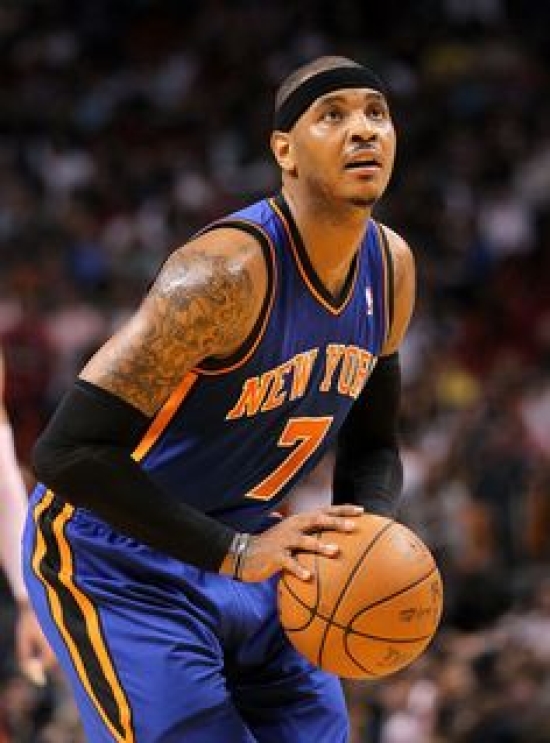
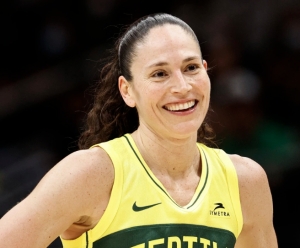
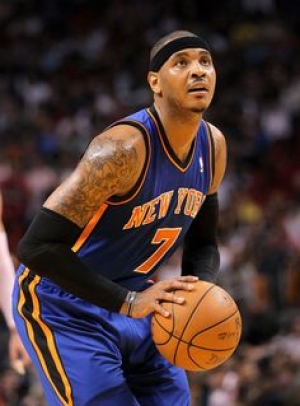
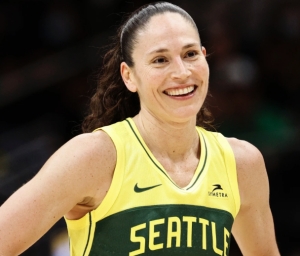
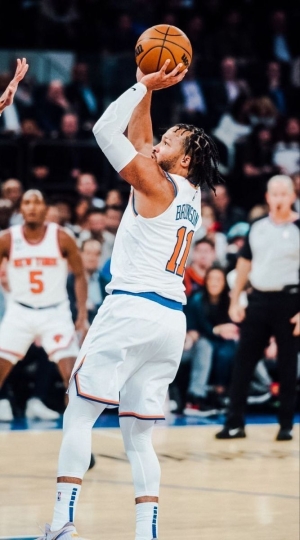
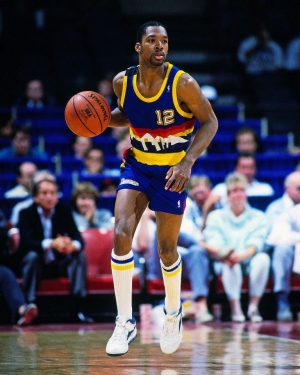
Comments powered by CComment